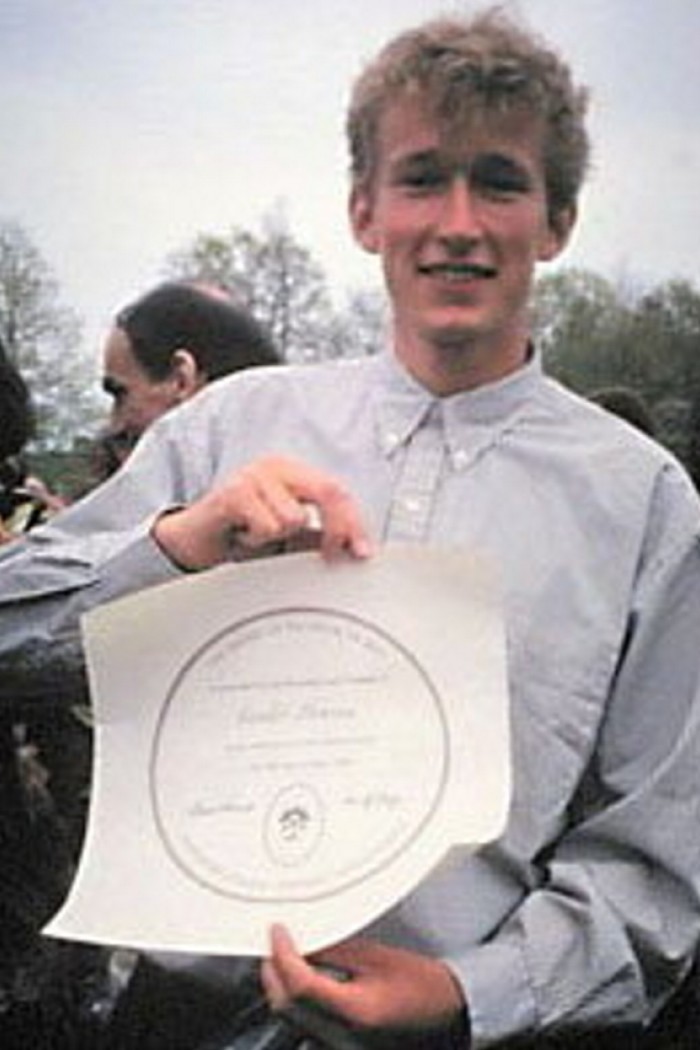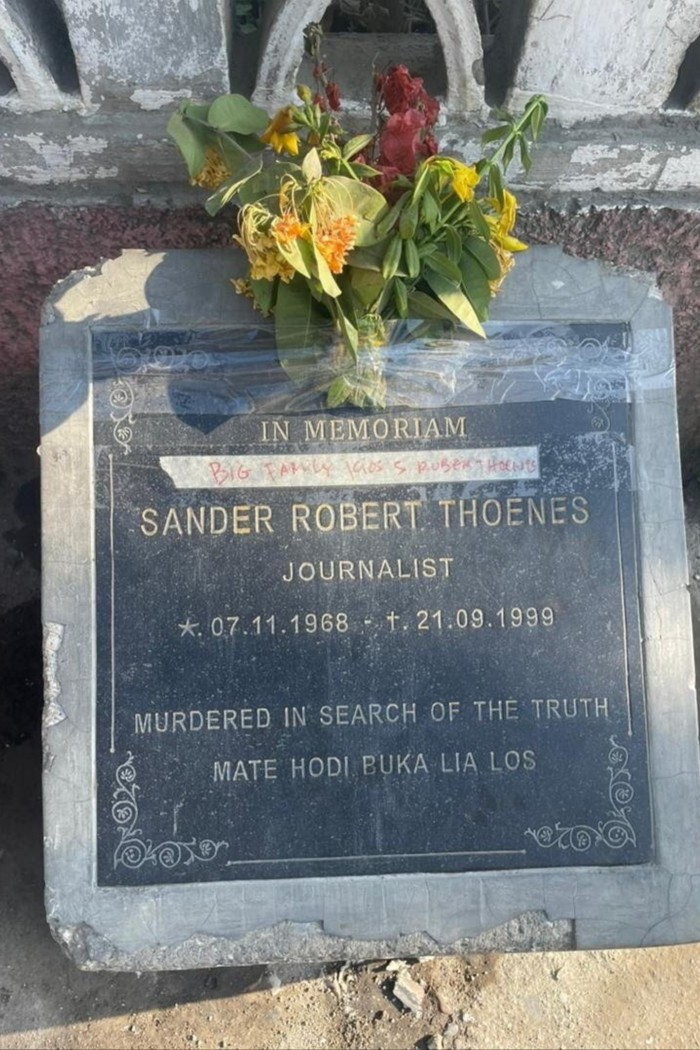Unlock the Editor’s Digest for free
Roula Khalaf, Editor of the FT, selects her favourite stories in this weekly newsletter.
For Sander Thoenes, Indonesia was a dream posting. After reporting from Moscow in the early 1990s, the young Dutch reporter joined this newspaper keen to be sent to the south-east Asian country that had long fascinated him. He eagerly lobbied the foreign editor, and learnt the Bahasa Indonesia language on his own initiative. Two years after he arrived in Jakarta, and 25 years ago this weekend, Thoenes was shot dead by Indonesian soldiers in a suburb of Dili, capital of East Timor. He was just 30.
Two Indonesian officers were indicted for his murder by East Timor’s government after a UN-led investigation in 2002. But no one has ever been brought to justice for that crime — or for 13 civilian deaths on the same day amid the rampage by withdrawing Indonesian troops that Thoenes flew in to cover after East Timor voted overwhelmingly for independence from Jakarta in a UN-sponsored referendum. It seems ever less likely that they will be.
Prabowo Subianto, who will become Indonesia’s president next month, is a former general accused of being linked to human rights violations — including being involved in killings in East Timor as a young officer in the 1980s, which he has always denied. Indonesia has made great progress during the last quarter of a century, but it is better to move forward by reckoning with the evils of the past, and not by forgetting them.


For reporters in conflict zones today, the dangers are as acute as ever. In the Israel-Hamas war, journalists and media workers have faced appalling losses. The Committee to Protect Journalists says 116 have been killed in the conflict since October 7, including 111 Palestinians, two Israelis and three Lebanese — the deadliest period for journalists since the group began gathering data in 1992. Sixteen have lost their lives in the Russia-Ukraine war.
Not only conflicts, however, can be deadly. Many reporters killed in connection with their work are delving into crimes, corruption or abuses of power; some are internet-enabled “citizen” journalists, who have even less protection than those from bigger outlets.
Nor is violence the only weapon. As of December 2023, 320 journalists were in prison, on CPJ figures, close to a record high — with China, Myanmar and Belarus holding more than a third of these, and Russia not far behind. International pressure here can sometimes bring results: the Wall Street Journal’s Evan Gershkovich was one of three foreign or dual-nationality journalists freed by Moscow in a prisoner swap last month, though many more with only Russian passports are still behind bars.
As shocking as the violence against journalists is the impunity for perpetrators, as in the Thoenes case. The CPJ found last year that no one had been held to account in almost four out of five of 261 journalist murders documented since 2013. Even when those carrying out the act are charged, those who ordered the violence rarely are. That makes killing journalists one of the “safest” crimes. The UN in 2013 made November 2 an annual International Day to End Impunity for Crimes Against Journalists, but progress is slow.
Violence against journalists is not confined to autocracies. Some of the most perilous places for reporters in the past decade, such as Mexico or the Philippines, have been democracies. Populist politicians and even major parties in some leading democracies are increasingly ready to disparage reporters.
Some of those countries are among the 51 that have joined the Media Freedom Coalition, committing them to promote a free press. As well as practising what they preach at home, they should do more to push other nations to end impunity, including Indonesia in the Sander Thoenes case. On the anniversary of his death, we salute all those journalists determined to report the truth despite the risks — of which he was such a fine example.











